Reggio Emilia
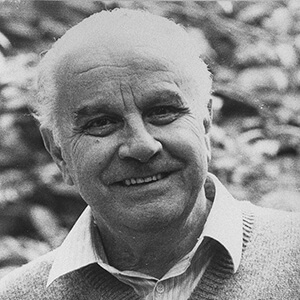
A child Endows hundred languages
During the post-World War II era in Italy, the country was overcome with a “…desire to bring change and create anew", was the start of the Reggio approach to early education. The Reggio Emilia approach is an educational philosophy and pedagogy focused on preschool and primary education.
This approach is a student-centered and constructivist self-guided curriculum that uses self-directed, experiential learning in relationship-driven environments. It bases itself on the principles of respect, responsibility and community through exploration, discovery and play.
SAAR believes in the core of this philosophy of Reggio Emilia, an assumption that children form their own personality during the early years of development and that they are endowed with "a hundred languages", through which they can express their ideas. Reggio approach is to teach children how to use these symbolic languages (e.g. painting, sculpting, drama) in everyday life. This approach was developed after World War II by pedagogist Loris Malaguzzi and parents in the villages around Reggio Emilia, Italy. The name of the approach therefore derives its name from the city.
SAAR follows the Reggio Emilia philosophy based upon the following set of principles:
- Children must have some control over the direction of their learning;
- Children must be able to learn through experiences of touching, moving, listening, and observing;
- Children have a relationship with other children and with material items in the world that they must be allowed to explore;
- Children must have endless ways and opportunities to express themselves.
Maria Montessori

Learn the Experiential way
The Montessori method of education was developed by Italian physician Maria Montessori. Emphasizing independence, it views children as naturally eager for knowledge and capable of initiating learning in a sufficiently supportive and well-prepared learning environment. It discourages some conventional measures of achievement, such as grades and tests. Montessori developed her theories in the early 1900s through scientific experimentation with her students; the method has since been used in many parts of the world, and in India, SAAR Education has been using the method since its inspection.
This is a method of education for young children that stresses the development of a child's own initiative and natural abilities, especially through practical play. It allowed children to develop at their own pace and provided educators with a new understanding of child development. As in Montessori, SAAR Education is age focused to meet the needs of students in three developmentally-meaningful age groups: 2–2.5 years, 2.5–6 years, and 6–12 years. The students learn through activities that involve exploration, manipulations, order, repetition, abstraction, and communication in Montessori learning.
Waldorf
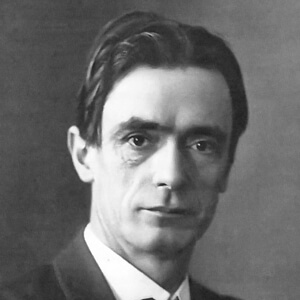
Development of a vision
Waldorf Education is a worldwide independent school movement developed in Europe nearly 100 years ago by Austrian philosopher, social reformer, and visionary, Rudolf Steiner. Its pedagogy strives to develop pupils' intellectual, artistic, and practical skills in an integrated and holistic manner. The cultivation of pupils' imagination and creativity in ways that serve their developmental needs is a strong focus.
SAAR like Waldorf considers that during the first years of life children learn best by being immersed in an environment they can learn through un-self-conscious imitation of practical activities. The early childhood curriculum therefore centres on experiential education, allowing children to learn by example, and opportunities for imaginative play. Waldorf pedagogues consider that readiness for formal learning depends upon increased independence of character, temperament, habits, and memory, one of the markers of which is the loss of the baby teeth.
Howard Gardner
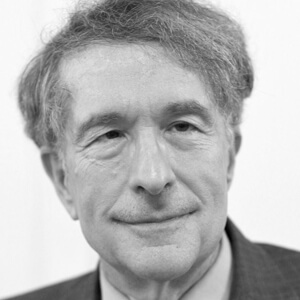
How to Learn
Howard Gardner is the John H. and Elisabeth A. Hobbs Research Professor of Cognition and Education at the Harvard Graduate School of Education. He is also an adjunct professor of psychology at Harvard University and senior director of Harvard Project Zero. Among numerous honors, Gardner received a MacArthur Prize Fellowship and a Fellowship from the John S. Guggenheim Memorial Foundation in 1981 and 2000, respectively.
The author of thirty books translated into thirty-two languages, and several hundred articles, Gardner is best known in educational circles for his theory of multiple intelligences, a critique of the notion that there exists but a single human intelligence that can be assessed by standard psychometric instruments (please see https://www.multipleintelligencesoasis.org/). Since the middle 1990s, Gardner has directed The Good Project, a group of initiatives, founded in collaboration with psychologists Mihaly Csikszentmihalyi and William Damon, that promotes excellence, engagement, and ethics in education, preparing students to become good workers and good citizens who contribute to the overall well-being of society. Through research-based concepts, frameworks, and resources, the Project seeks to help students reflect upon the ethical dilemmas that arise in everyday life and give them the tools to make thoughtful decisions.
Jean Piaget
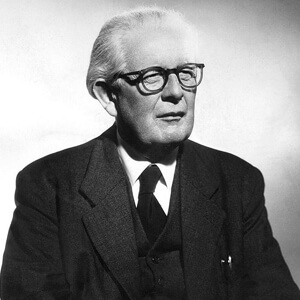
The Path to Cognitive Development
Jean Piaget was a Swiss psychologist and genetic epistemologist. He is most famously known for his theory of cognitive development that looked at how children develop intellectually throughout the course of childhood.Piaget's theory had a tremendous influence on the emergence of developmental psychology as a distinctive subfield within psychology and contributed greatly to the field of education. He is also credited as a pioneer of the constructivist theory, which suggests that people actively construct their knowledge of the world based on the interactions between their ideas and their experiences.
Piaget suggested that children sort the knowledge they acquire through their experiences and interactions into groupings known as schemas. When new information is acquired, it can either be assimilated into existing schemas or accommodated through revising an existing schema or creating an entirely new category of information.
Today, he is best known for his research on children's cognitive development. Piaget studied the intellectual development of his own three children and created a theory that described the stages that children pass through in the development of intelligence and formal thought processes.
Jerome Bruner
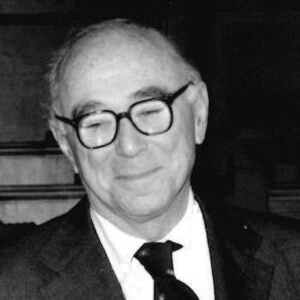
Representing of Knowledge
Bruner (1966) was concerned with how knowledge is represented and organized through different modes of thinking (or representation). In his research on the cognitive development of children, Jerome Bruner proposed three modes of representation:
- Enactive representation (action-based)
- Iconic representation (image-based)
- Symbolic representation (language-based)
Bruner's constructivist theory suggests it is effective when faced with new material to follow a progression from enactive to iconic to symbolic representation; this holds true even for adult learners.
Bruner's work also suggests that a learner, even of a very young age, is capable of learning any material so long as the instruction is organized appropriately, in sharp contrast to the beliefs of Piaget and other stage theorists.
Bruner argues that language can code stimuli and free an individual from the constraints of dealing only with appearances, to provide a more complex yet flexible cognition.
The use of words can aid the development of the concepts they represent and can remove the constraints of the “here & now” concept. Bruner views the infant as an intelligent & active problem solver from birth, with intellectual abilities basically similar to those of the mature adult. For Bruner (1961), the purpose of education is not to impart knowledge but instead to facilitate a child's thinking and problem-solving skills which can then be transferred to a range of situations. Specifically, education should also develop symbolic thinking in children.
In 1960 Bruner's text, The Process of Education, was published. The main premise of Bruner's text was that students are active learners who construct their own knowledge.
Gijubhai Badheka
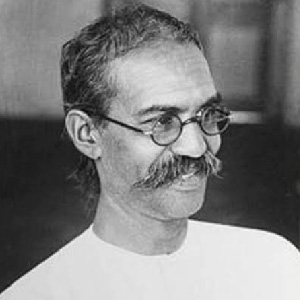
A Pioneer of Child-Centric Education in India
Gijubhai Badheka (15 November 1885 – 23 June 1939) was a visionary Indian educator and author, credited with introducing Montessori education methods to India. His journey into the world of education began in 1913 with the birth of his son, sparking a deep interest in childhood development and learning.
In 1920, Gijubhai established the "Bal Mandir" pre-primary school in Bhavnagar, Gujarat. This groundbreaking initiative marked a departure from traditional rote learning to a more child-centric approach. Gijubhai championed the role of play, stories, and songs in education, believing in nurturing creativity and natural curiosity in children. He advocated for a learning environment free from formal examinations to support holistic development.
Collaborating with Tarabai Modak, another luminary in the field of education, Gijubhai co-founded the Nutan Bal Shikshan Sangh in 1926 to promote innovative teaching methods across India. In 1925, he also launched the Gujarati monthly publication Shikshan Patrika, which critically examined existing educational practices and championed child-centered learning principles.
A prolific writer, Gijubhai authored over 200 books, with his seminal work Divaswapna (Daydreams) translated into several Indian languages. His literary contributions earned him the title of "Brahma of Gujarati children's literature."
Gijubhai’s impact on early childhood education in India remains profound, inspiring educators and parents alike to create nurturing environments that respect the individuality and creativity of every child.
Learn More from Gijubhai’s Vision
We invite you to explore more about Gijubhai Badheka's revolutionary ideas through these insightful videos:
Watch in English Watch in HindiAt SAAR Education, we honor Gijubhai’s legacy by fostering a child-centric approach in all our educational endeavors. Let’s work together to build a future where children thrive through curiosity and creativity.
Physical and Motor

Nurturing Growth and Movement
Physical and motor development (PMD) encompasses the enhancement of both gross and fine motor skills. Gross motor skills involve large movements such as walking, running, and jumping, which are vital for physical fitness and coordination. Fine motor skills include precise actions like writing, drawing, and manipulating small objects, essential for daily tasks and academic activities. PMD boosts children's physical health along with cognitive development, social skills, and self-esteem.
Cognitive Development

Unlocking the Power of Thinking
Cognitive development is essential for children's ability to think, learn, and problem-solve. It encompasses skills such as memory, attention, reasoning, and language acquisition. Activities that stimulate curiosity, critical thinking, and creativity are key to enhancing cognitive growth. Supporting cognitive development in educational environments ensures children build a strong foundation for academic success and lifelong learning.
Language Development

Building Blocks of Communication
Language development involves acquiring vocabulary, grammar, and the ability to understand and express ideas. We enable learners to convey their thoughts, interact socially, and build relationships through various activities including storytelling, reading, and conversations. Supporting this domain in educational settings fosters literacy, critical thinking, and cognitive growth.
Technology Development

Empowering Digital Literacy
Technology development helps learners prepare for the digital age. It encompasses the skills and knowledge needed to navigate and utilize digital tools effectively. Supporting technology development in educational settings ensures children are adept at using digital resources, preparing them for future academic and professional endeavors.
Creativity Development

Cultivating Imagination and Innovation
Creativity development is essential for fostering innovation and imaginative thinking in children. It involves encouraging originality, curiosity, and the ability to think outside the box. Through activities such as art, music, drama, and creative writing, children learn to express themselves and explore new ideas.
Spiral and Cross-Curricular Learning

Spiral learning revisits key concepts at increasing levels of complexity, reinforcing knowledge and ensuring deep understanding. This method helps students retain information and build upon previous learning. Cross-curricular learning integrates multiple subjects, making education more relevant and engaging. It encourages students to make connections between different areas of knowledge, fostering critical thinking and problem-solving skills.
Art Integration and Appreciation

Integrating art into the curriculum enhances creativity, critical thinking, and problem-solving skills. It makes learning more engaging and accessible, helping students grasp complex concepts through visual and hands-on activities.
Experiential Learning
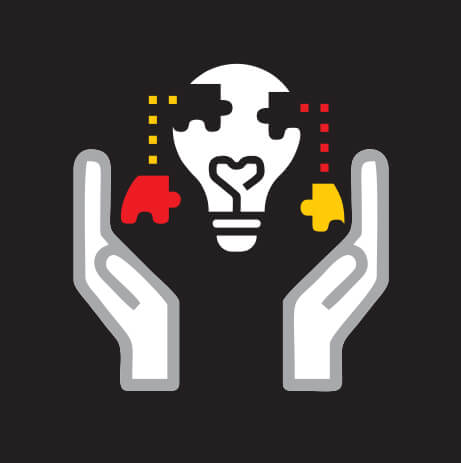
Experiential learning is a powerful educational approach that emphasizes learning through direct experience and reflection. It engages students in hands-on activities, making learning more relevant and memorable. This method enhances critical thinking, problem-solving, and decision-making skills as students apply theoretical knowledge to real-world situations.
Holistic Development

Holistic development nurtures the overall growth of children by addressing their physical, emotional, social, intellectual, and creative needs. This comprehensive approach ensures a well-rounded education, promoting not just academic success but also personal well-being and social competence.
Effective Assessment

Effective assessment is crucial for enhancing educational outcomes and guiding student success. It provides valuable insights into students' understanding, strengths, and areas for improvement. By using diverse assessment methods, educators can tailor instruction to meet individual needs and track progress over time.
Differentiated Learning

Differentiated learning is a teaching approach that helps teachers meet the diverse needs of students by adapting content, processes, and products based on individual learning styles, abilities, and interests. Differentiated learning promotes equity, helps students build confidence, and encourages a deeper, personalized understanding of the subject matter, ultimately leading to more effective and meaningful educational experiences.
Multisensory Approach
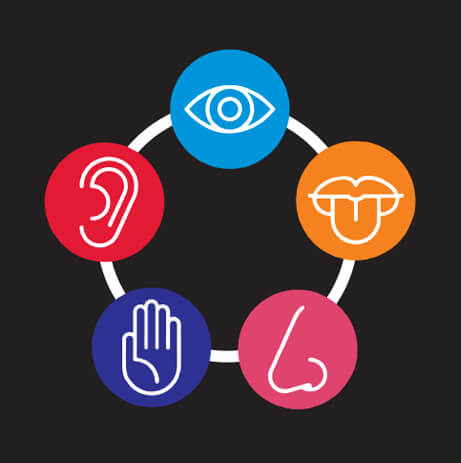
A teaching method engaging multiple senses (sight, sound, touch, and movement) to enhance learning, improve memory, and accommodate diverse learning styles
Synthetic Phonics Approach

A method of teaching reading by blending individual letter sounds (phonemes) to form words, enhancing decoding skills and early literacy development.
Concrete-Pictorial-Abstract Approach
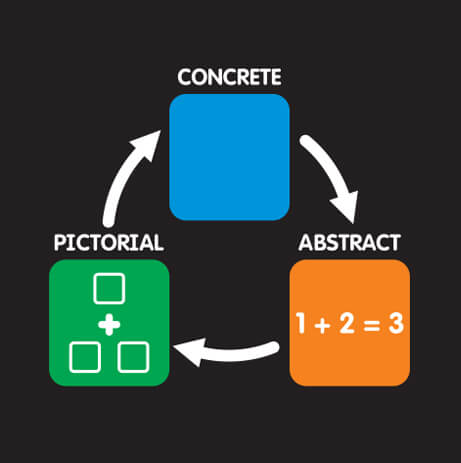
A teaching method that transitions from hands-on manipulation (concrete) to visual representation (pictorial) and finally to abstract symbols, enhancing conceptual understanding
Child-Centred Approach

An educational method prioritizing children's interests, needs, and learning styles, fostering engagement, autonomy, and personalized growth through active, student-driven learning experiences
Exploratory Approach

A learning method encouraging students to investigate, ask questions, and discover knowledge through hands-on activities and inquiry, promoting curiosity and critical thinking skills.

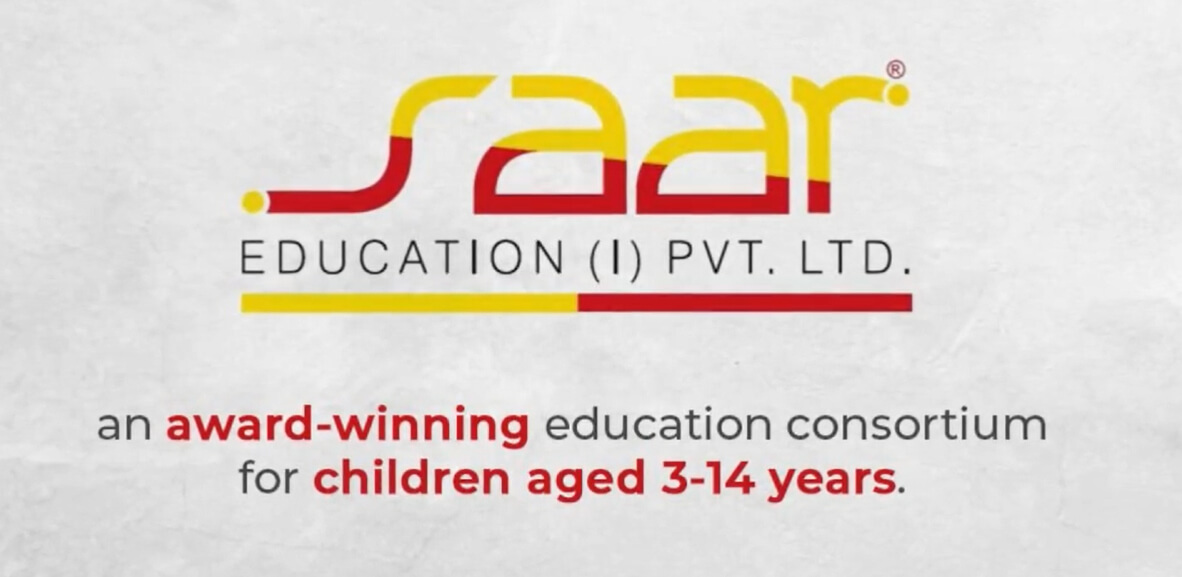
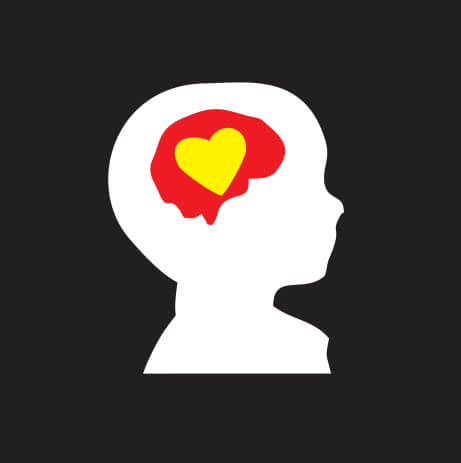




Personal, Social and Emotional
Building Foundations for Life
Personal, Social, and Emotional Development (PSED) focuses on nurturing self-awareness, self-regulation, and social skills. It helps children understand and manage their emotions, develop empathy, build positive relationships, and gain confidence. Through PSED, children learn to navigate social interactions, resolve conflicts, and make responsible decisions. Investing in PSED not only enhances academic performance but also prepares children for a healthy, balanced, and fulfilling life.